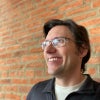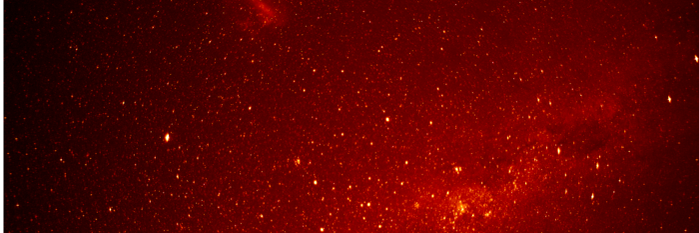


Astronomer wandering through time and space. Working on #OpenScience and likely to post about #Earth and #Space science especially #astronomy, #OpenSourceSoftware, and #NASA. And hiking with our dog
This profile is from a federated server and may be incomplete. Browse more on the original instance.